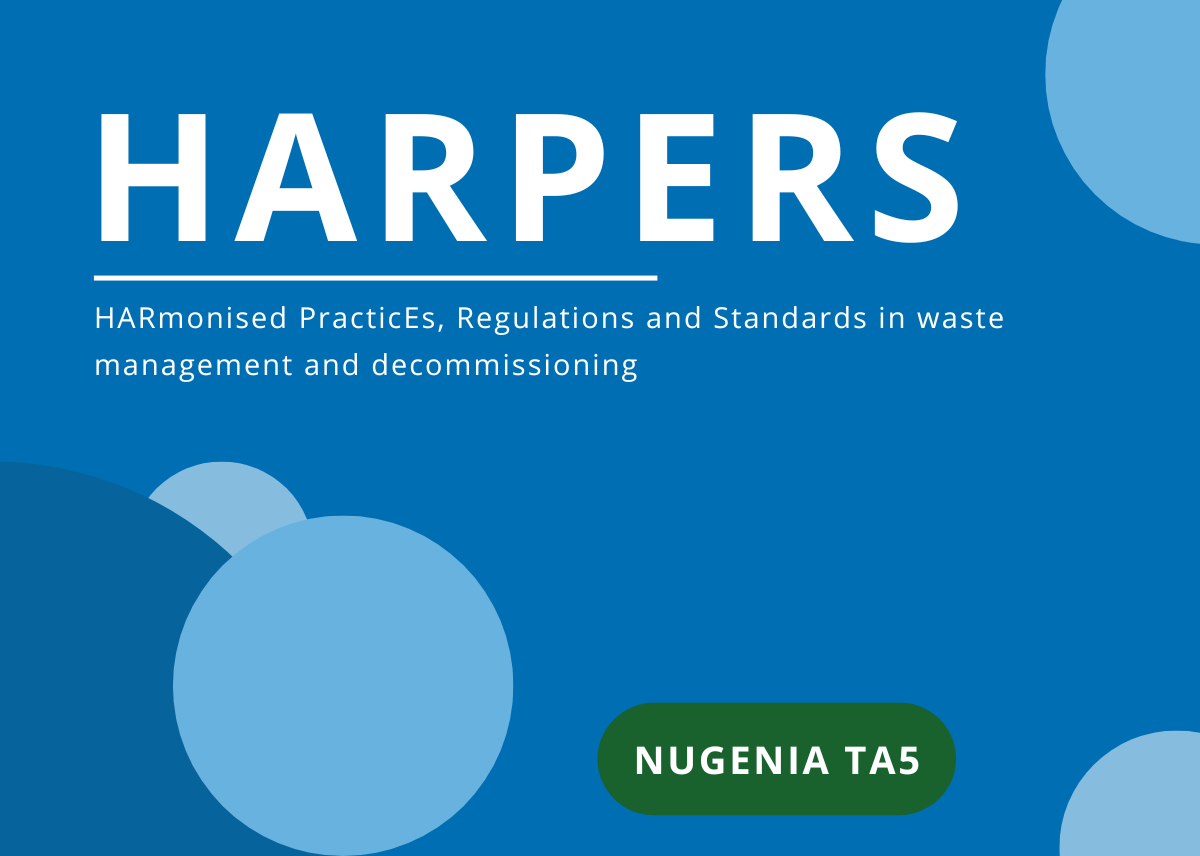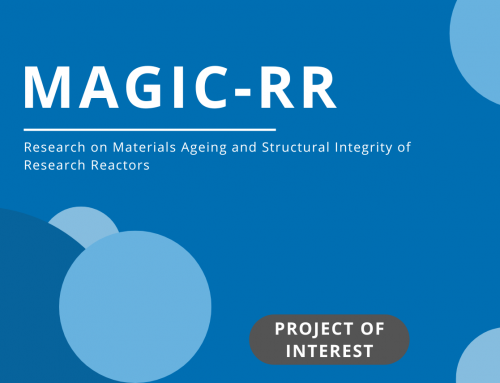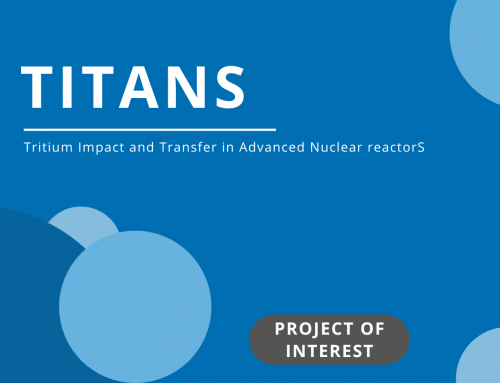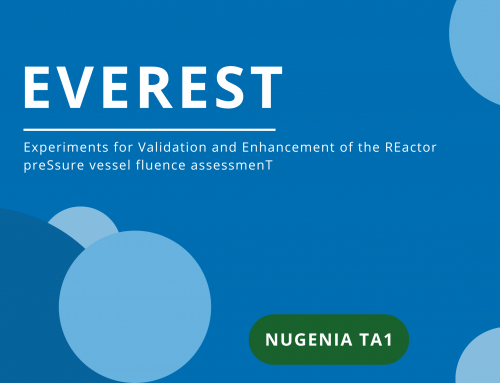
OBJECTIVES
HARPERS main objective is to establish and clarify the benefits and added value of more aligned and harmonised regulations, practices and standards in decommissioning and radioactive waste management, including possibilities for shared processing, storage and disposal facilities between Member States (MS). The project aims to reinforce the activities of the European Joint Programme EURAD, PREDIS and SHARE projects. The project also connects with the wider European Community through, e.g., SNETP, NEA, IGDTP, IAEA, ENSREG, ERDO, DigiDecom, and encourages interaction between different national programmes. The project will identify the relevant regulatory differences across MS, assess the rationale for the identified regulatory differences and establish the potential for their harmonisation relative to cross border services /facilities for RWM, moving to a circular economy in RWM and implementation of advanced technologies in RWM. Obstacles and issues preventing the implementation of a more common regulatory framework will be identified. The project will evaluate the Strengths, Weaknesses, Opportunities and Threats with respect to harmonisation of the identified regulatory differences and produce reports on harmonising regulatory systems in Europe.

EXPECTED IMPACTS
Harmonisation of national regulations / standards will decrease the fragmentation of the European market, therefore will contribute to cross-European mobility of industry & services, shared facilities, acceptance of advanced technologies and encourage implementation of circular economy principles.
The project will:
- enhance existing commitments to facilitate sharing and exchange of knowledge and experience,
- develop strategies for shared treatment & storage facilities, cross border services & cooperation,
- explore additional mechanisms to build capacity in MS,
- assess and clarify the benefits and any disadvantages of harmonisation,
- deliver S&T-based solutions and share best practices by engaging and supporting coordination between different actors through TSOs and regulators,
- define conditions and opportunities for a highly safe, circular economy.

HIGHLIGHTS
The proposal directly addresses the SNETP SRIA regarding decommissioning, dismantling & waste management high level topics of:
- minimisation of waste production by operational measures, efficient dismantling, development of advanced waste treatment and conditioning technologies,
- development of new technologies and approaches to deliver decommissioning safer, cheaper and faster and sustainable, to enhance waste treatment processes, and to minimise waste,
- allow the use of nuclear codes and standards that are different to the ones that are normally used in the country that hosts the nuclear facility,
- common licensing rules and procedures of new technologies,
- common regulations and standards at the EU level.

PARTNERS
IFE / SCK CEN/ Studsvik / Sogin / NNL / VTT / ENEA / SURO / BEL V / ÚJV / GRS / Amphos 21 / Merience / ANDRA/ CEPN / IRSN / CAEN / NUCLECO / LEI / RATEN / JAVYS / Galson Sciences LTD / ORANO / Cyclife / JRC

DURATION & BUDGET
June 2022 – May 2025, 3 years
3.3MEuro (2.4 M€ EC contribution)

EVENTS
The project was introduced during Euratom Conferences FISA 2022 – EURADWASTE’22, IGD-TP symposium 2022 and DigiDecom 2022.

CONTACT
Technical Coordinator:
Réka Szőke (IFE) Email: reka.szoke@ife.no
Head over to the project’s website!

This project has received funding from the Euratom H2020 programme 2021-27 under grant agreement No 101060028





